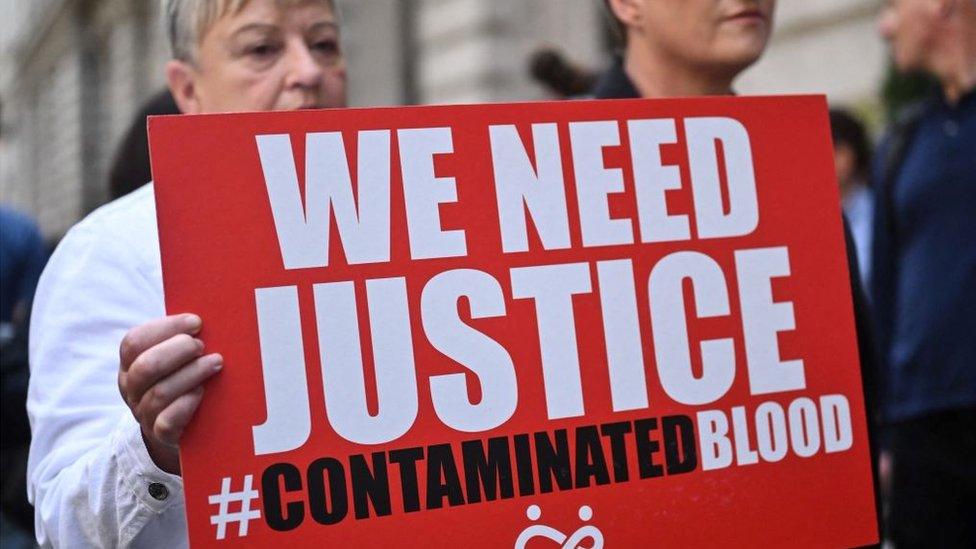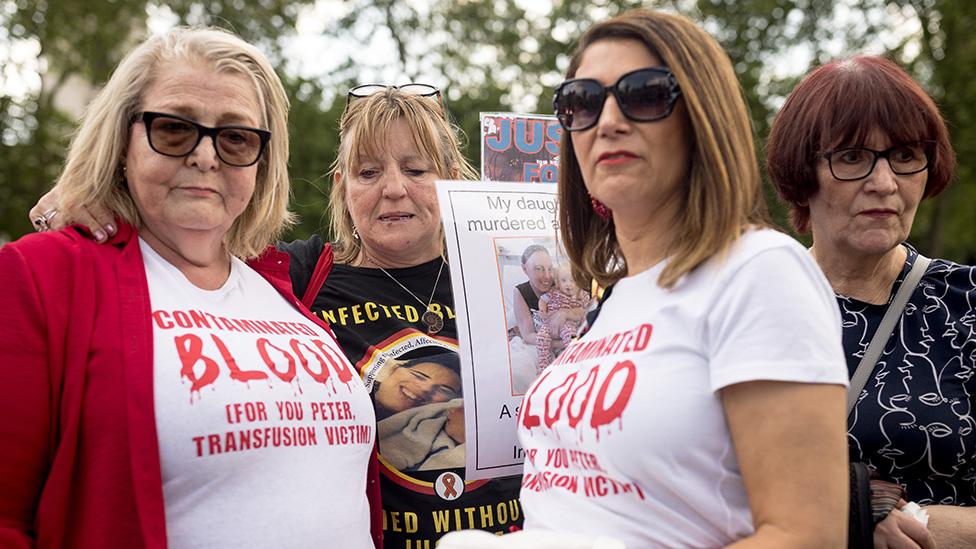Blood scandal victims 'shout into void' on compensation
Carolyn Challis is one of thousands waiting to be compensated
- Published
Victims of the infected blood scandal are demanding faster action on compensation as the body set up to handle claims admits it has "started small".
More than 30,000 people contracted HIV and hepatitis from contaminated blood products between 1970 and the early 1990s, but just 14 of those eligible to receive a final pay out have had one.
Carolyn Challis, 68, said: "Everything is happening so, so slowly. We feel as though we are shouting into the void."
The Infected Blood Compensation Authority (IBCA) was set up in May following a public inquiry. Its CEO, David Foley, said they are "starting small to be able to go fast", adding they are "building and improving the claim service as we go".
Chancellor Rachel Reeves said in October that £11.8bn had been set aside to compensate victims in what is thought will be the largest payment of its kind in NHS history. So far, £13.3m has been paid out.
Ms Challis, from Hartland, in North Devon, said: "We are all getting much older, we are all quite sick, the trauma and the stress of having to keep fighting is impacting people greatly.
"We need closure so we are able to make plans and get on with what we have left of our lives."
As many as 140,000 bereaved parents, children and siblings of infected blood scandal victims may also claim compensation under new laws laid before Parliament on Wednesday.
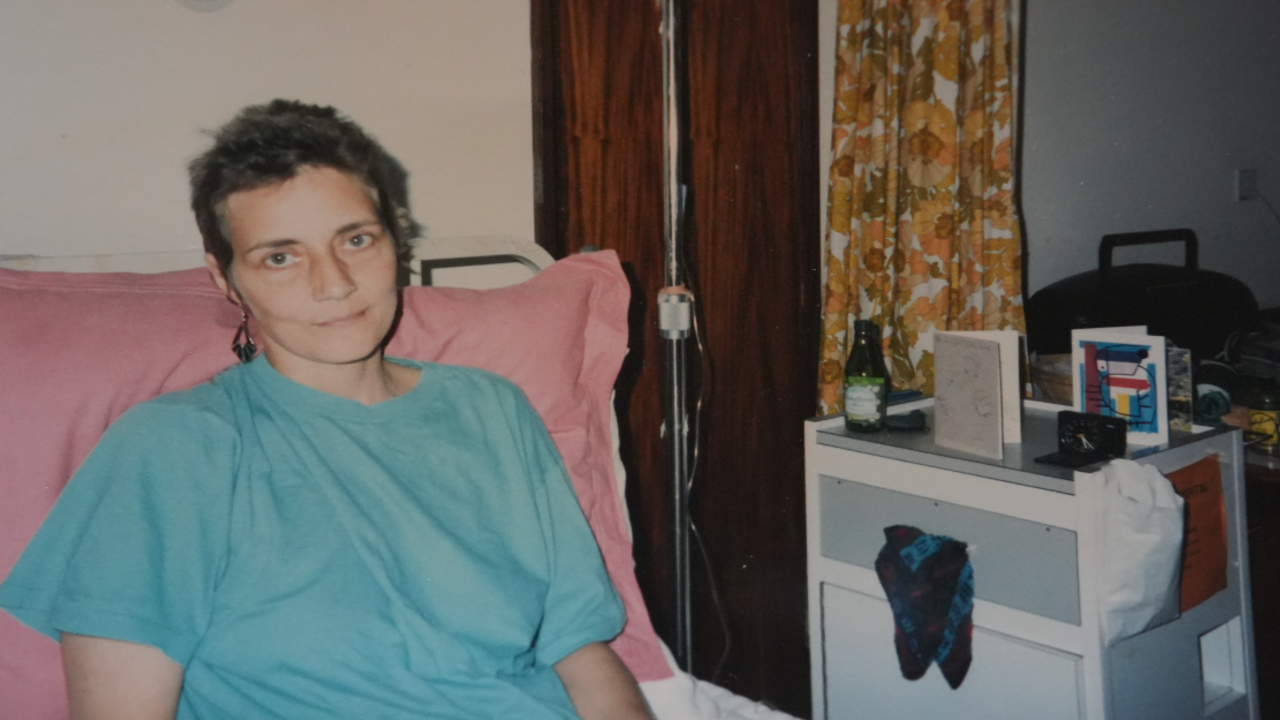
Ms Challis has not received any compensation despite receiving contaminated blood
A public inquiry found authorities covered up the scandal - with the risk of viral infections in blood products known since 1948 - adding victims had been failed "not once, but repeatedly".
About 3,000 people have since died and it is accepted more deaths will follow as a result of what happened.
Ms Challis was diagnosed with cancer in 1992 and received several blood transfusions over 12 months. In 1993, she was diagnosed with hepatitis C before undergoing a stem cell transplant.
The NHS trust where she was treated confirmed the virus came from blood she received during her cancer treatment, she said.
"Hepatitis C is extremely debilitating and it impacts every aspect of your life," she added.
"I couldn't be a good enough mum or do the things I wanted to do - everything was a struggle.
"It was impossible to work and it cost me my career."
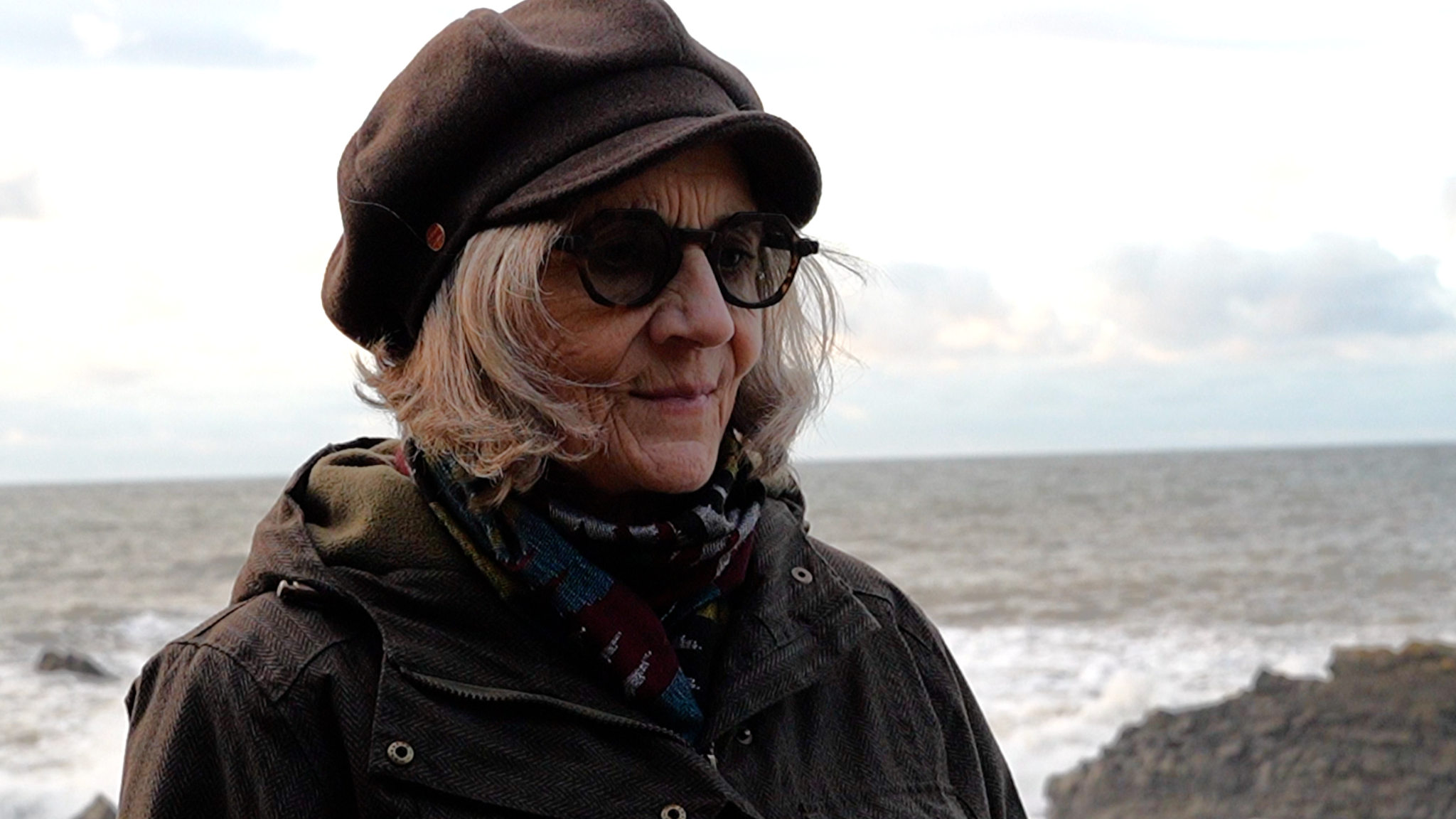
Ms Challis said she has no idea of when she will be compensated
While Ms Challis will be eligible to apply for compensation from the IBCA, she has not been able to access support from other established schemes - which provide regular payments to people who received infected blood.
The Infected Blood Support Schemes impose a cut-off date, meaning that applicants can only claim payments if they were infected before September 1991.
This also means she has been ineligible for an interim payment and has been put into a category by the IBCA that means she could be one of the last groups to receive compensation.
Latest figures from the IBCA show 113 people have been invited to start their claim, 23 of those have received offers and 14 have been paid an amount totalling £13.3m.
The first victims to receive final payments were given them in December.
About 4,000 survivors or their bereaved families have also received interim payments worth up to £310,000 each since 2022.
But many have received nothing.
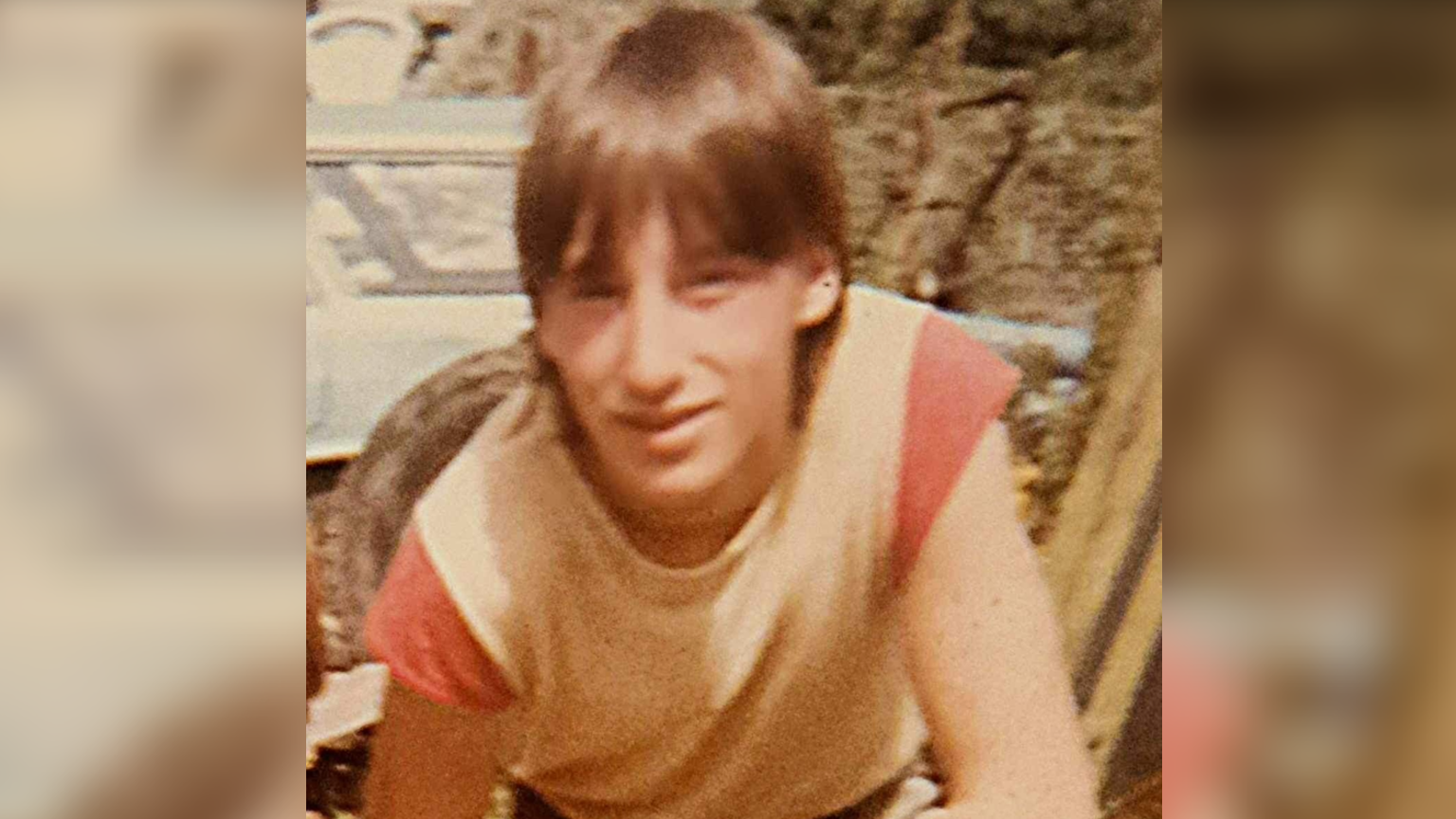
Kevin Roberts said he was "healthy and strong" before he was infected
Kevin Roberts was 12-years-old when he had two wisdom teeth removed in 1984.
He has a type of blood disorder called von Willebrand's Disease and was given a blood product called Factor VIII during the operation.
Mr Roberts said it was this that infected him with hepatitis C, a blood-borne virus which can cause cirrhosis and liver cancer.
A few weeks after the operation he began to feel seriously ill.
"The symptoms were like having the flu and my bones felt like they had glass in every joint. I was in absolute agony," Mr Roberts said.
Kevin Roberts is one of thousands waiting to be compensated
Mr Roberts, from Hayle, in Cornwall, did not find out he had hepatitis C until he was 18 and he was told he could die by the age of 25.
"My life changed that day. I didn't care about myself or others," he said.
"I went to work just to earn enough money to get drunk so I could sleep at night."
Now 53-years-old he has recovered from the virus but the trauma of his childhood continues to affect him.
He has been rejected from Infected Blood Support Schemes because he has struggled to obtain medical records showing how he was infected as a young child.
"I was infected 40 years ago and I still haven't had a penny," Mr Roberts said.
"We need this to speed up - I want to be acknowledged as do many victims."
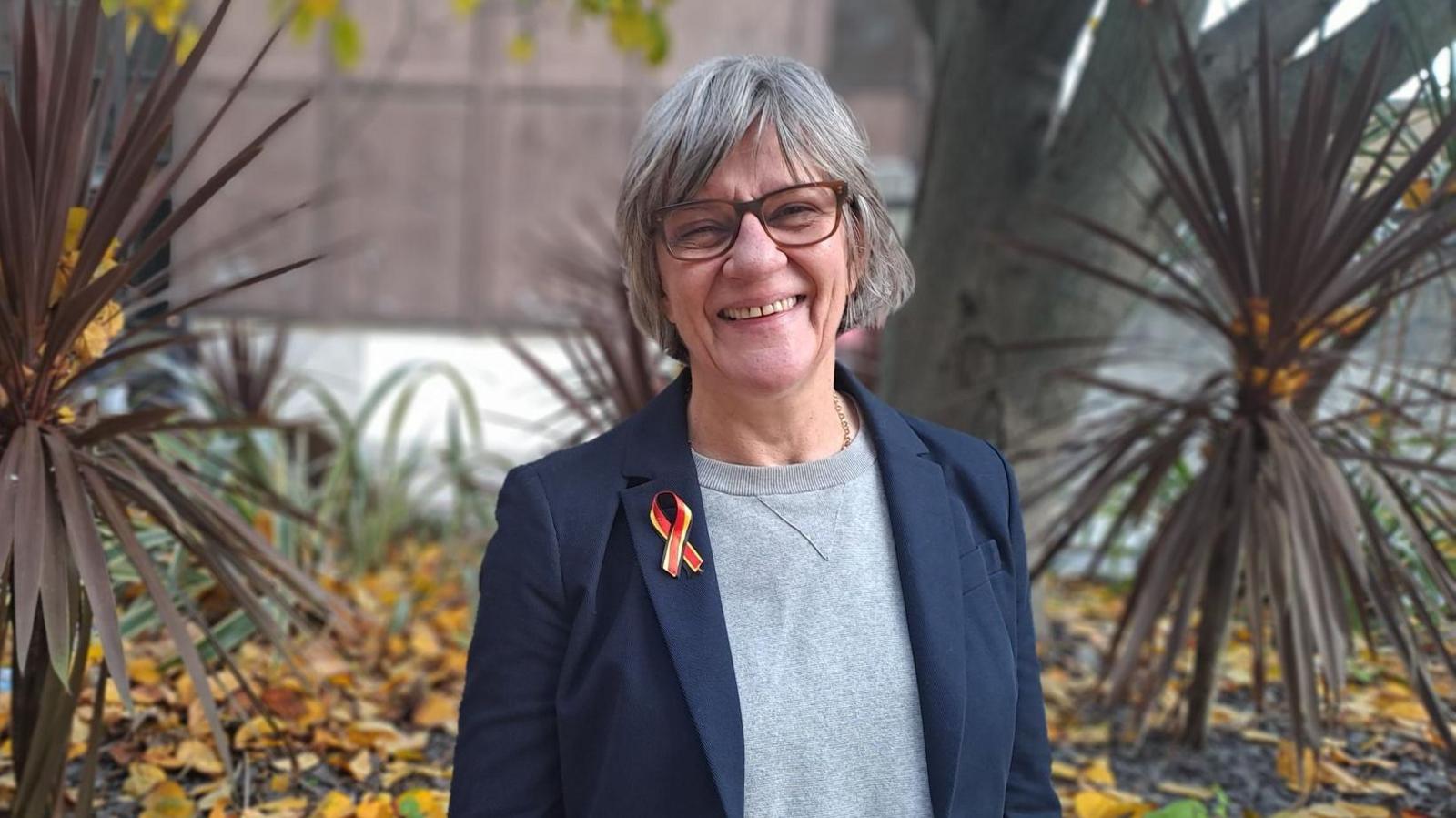
Samantha May has run the Hepatitis C Trust helpline for more than 20 years
The government recognises that not all people impacted by the infected blood scandal have been eligible for interim payments and the IBCA was set up to provide final compensation.
A charity helpline that provides advice and support to victims has said it has taken more than 8,700 calls in the past year.
The Hepatitis C Trust helpline manager, Samantha May, said: "Pretty much all of those are victims and bereaved families with anxiety around compensation - they are distressed, angry and frustrated. People can't move on and draw a line."
A number of MPs have also raised concerns, with Tessa Munt, MP for Wells and Mendip Hills, adding the scheme is "disgracefully slow".
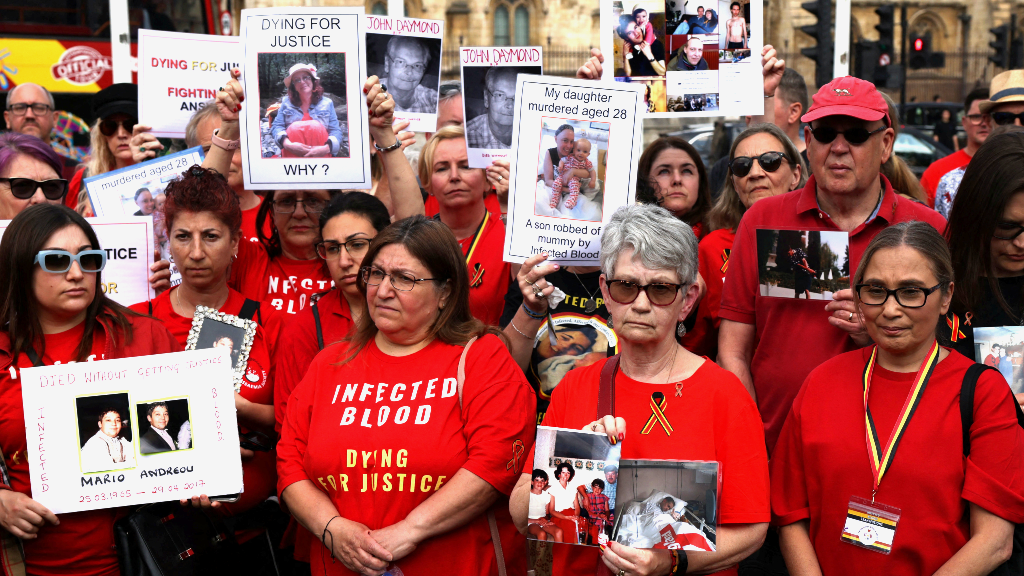
A public inquiry described the scale of the scandal as "horrifying"
In a BBC interview, Mr Foley said while the IBCA is "starting small" it aims to expand quickly, widening the service to groups of people in stages.
"The individual circumstances of each person due compensation is complex and unique to them," he added.
"It is really important that we have a system that fits them - rather than asking them to fit a system.
"So the approach we are taking is to learn from real cases so we can understand the complexities - that means once we have a system that works - it can accelerate much faster."
New draft laws laid in Parliament on Wednesday will allow the relatives of those infected to claim full compensation in their own right for the impact on their lives.
They must be debated and approved before being passed, which is expected to happen by the end of March.
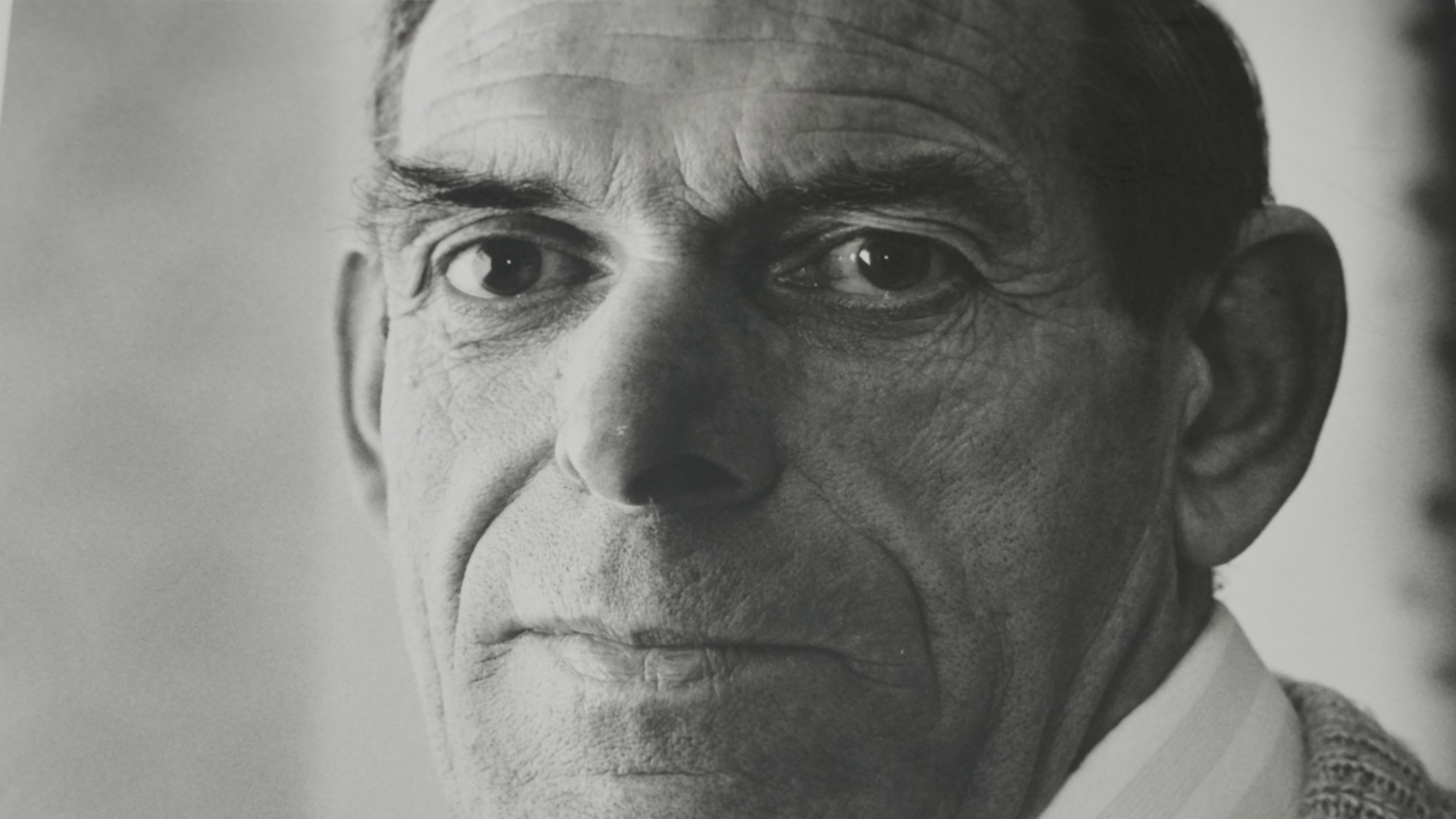
Brian Smith died in 1991 after being infected with HIV
Brian Smith, from Bristol, was infected with HIV through contaminated blood products in the 1980s. He died aged 61 in November 1991.
His family has not yet received any compensation.
His daughter, Sue Maggs, said while she welcomes the new proposed laws "it doesn't change the fact that things are going too slow".
"I do feel angry about how long it's taking. It just feels as if they [the IBCA] don't really care," she said.
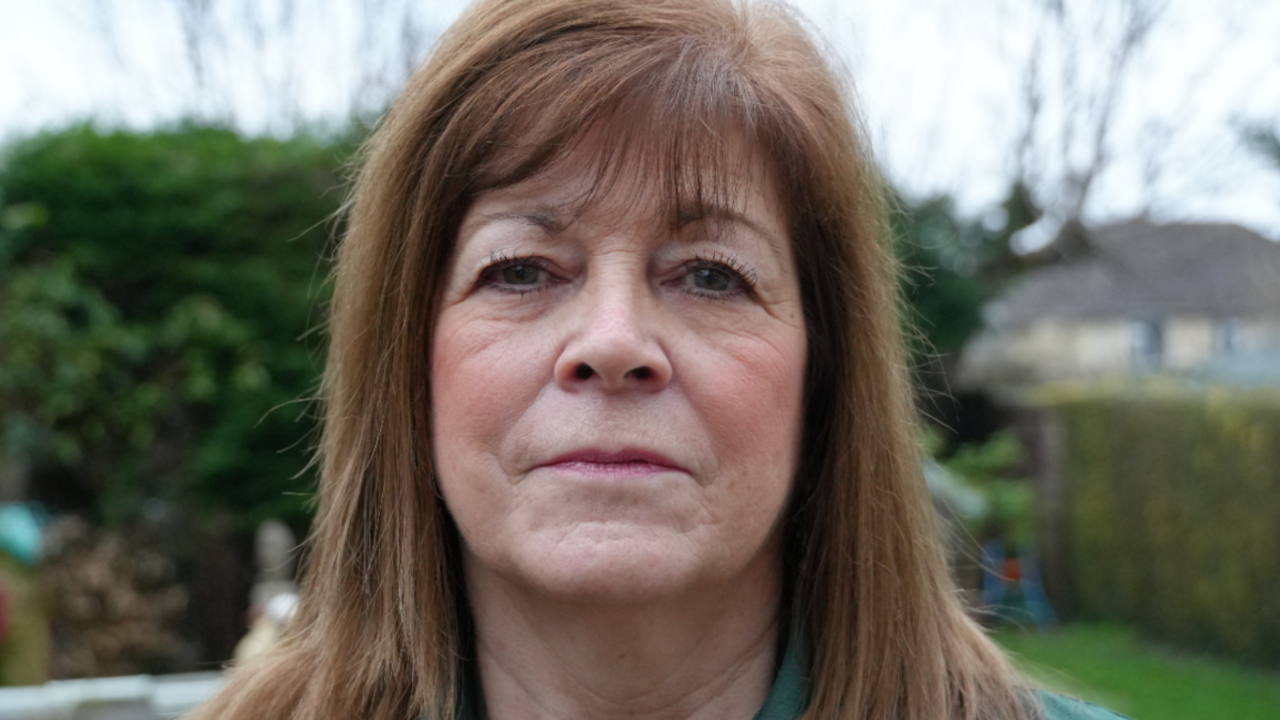
Sue Maggs' father died after being infected with HIV
Mrs Maggs said they had been happy after the inquiry, which "left no stone unturned and did give justice to everybody that was infected".
But she said they are now "in limbo" again.
"Its awful because it's brought back all the feelings of dad dying all over again."
Follow BBC West on Facebook, external, X, external and Instagram, external. Send your story ideas to: westinvestigations@bbc.co.uk or via WhatsApp on 0800 313 4630.
- Published12 December 2024
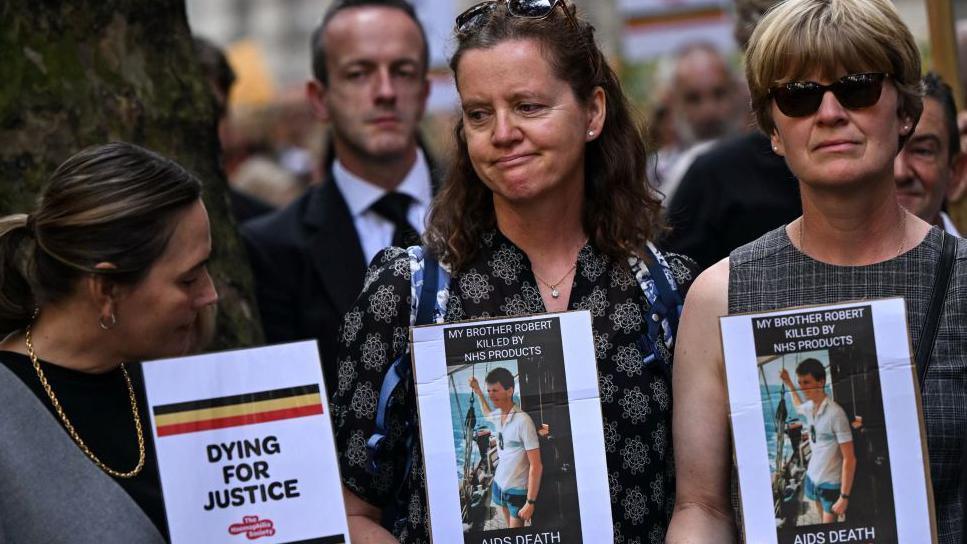
- Published20 May 2024
